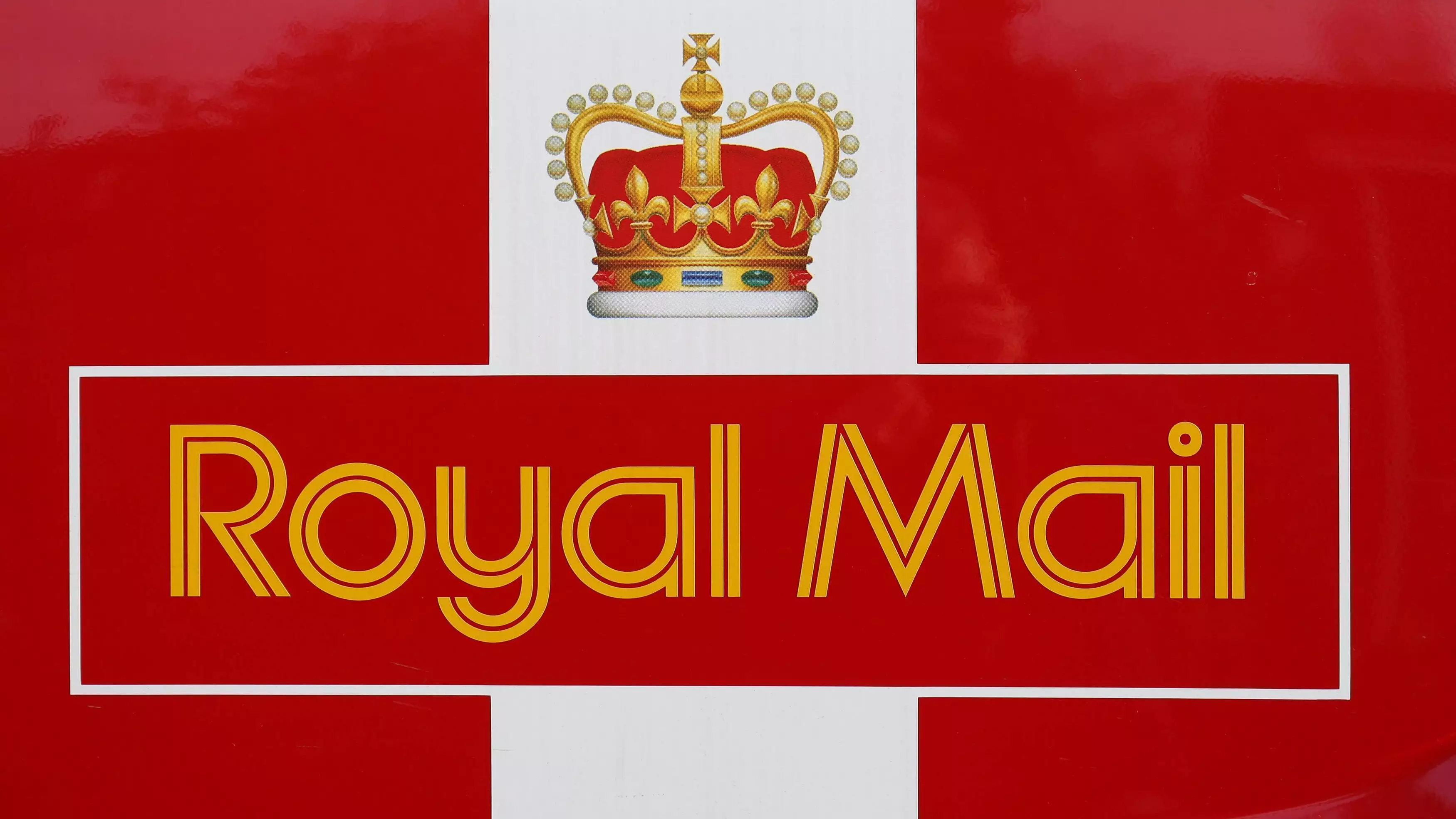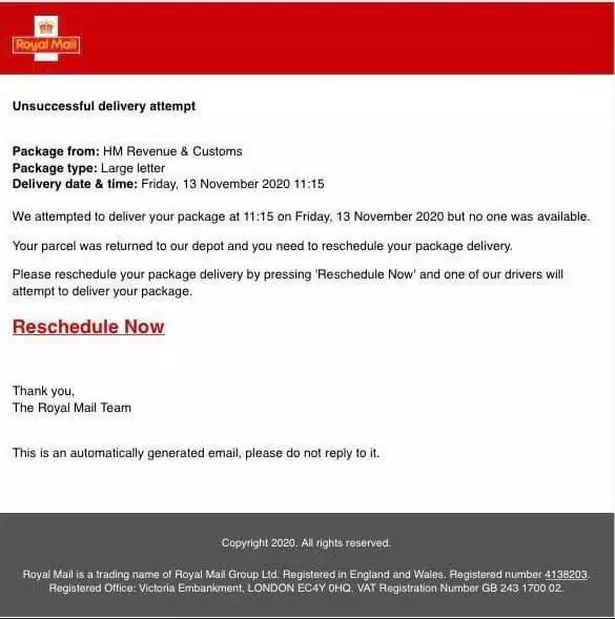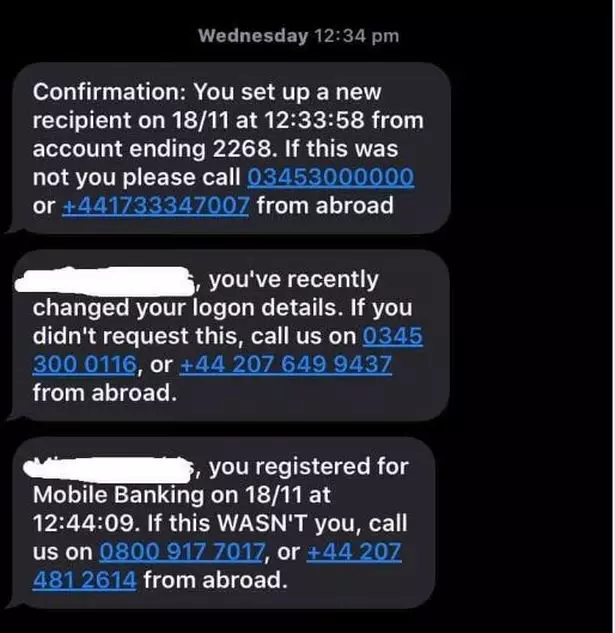
A student has been left 'with nothing' after £2,500 was stolen from her account by scammers posing as a Royal Mail email account.
The 21-year-old from Bristol - who doesn't wish to be named - said that a 'moment of weakness' left her bank account completely bare after she clicked through on a bogus message purporting to be from the UK's main mail carrier.
She received an email that looked completely 'legit' asking her to pay a £2 charge to have a package redelivered and, as Bristol Live reports, she clicked through to pay the money.
Advert
A few days later, her mum sent an email about a similar scam, and she immediately contacted her bank hoping to cancel her cards.

However, she later received a call from a number that claimed to be the fraud team from Lloyds Bank informing her that £1,500 had been taken from her account and she needed to transfer her money to a safe account.
That wasn't her bank, either.
Advert
She explained: "They told me to transfer all of my money to a safe account so I told them that I didn't trust this and that I was going to ring my bank as I've cancelled my card.
"They told me to transfer all of my savings to my normal account and then transfer everything that I had into what I thought was a safe account - including an £800 overdraft.
"They were even sending me text messages from Lloyds Bank so I trusted it.
"I was caught in a moment of weakness and they completely cleared me out."
Advert
After that call, she began to be suspicious and was even locked out of her account and told to wait 24 hours until she could get back in.

When she actually managed to get in touch with her bank, they confirmed that the worst had happened.
She continued: "It doesn't matter if there was £100 or more - I was left with nothing.
Advert
"They were very persistent and rang me three to four times and just wouldn't leave me alone."
Now, she still can't access her account.
With the benefit of hindsight - and an empty account - she can now see where she went wrong.
She said: "It's a bit naïve of me to be that trusting with someone, It has completely ruined my life.
Advert
"I was left in my overdraft - they maxed-out everything. I didn't know what I was going to do financially - I was completely floored.
"I'm 21, I'm young and I don't have that much savings. If this affected a family, it could have done more damage to them than me.
"Always trust your gut and never give any details through an email if you don't trust it - speak to your bank instead."

A spokesperson for Lloyds Banking Group said: "Helping keep our customers' money safe is our priority and we have a 24/7 team behind the scenes using cutting-edge technology to fight against fraud.
"We have a great deal of sympathy for the victim of a scam and we fully investigate each individual case.
"Fraudsters are using every trick they can to catch people with their guard down and it's easy for them to disguise themselves using fake emails as companies, organisations and service providers that people recognise and trust.
"Scammers are ready to disappear as soon as they've got their hands on your cash, so it's more important than ever to treat every email, message and call that you're not expecting with caution.
"Your bank will never contact you out of the blue and rush you to make a payment or ask you to move money to another account - even if the phone number looks like it's calling from the bank.
"The best thing to do is hang up and ring your bank back later on the number on the back of your card, ideally from a different device as fraudsters can keep the line open.
"Even if you think you know the sender, don't reply to a text or email message if it seems odd and never enter your personal information.
"If you're not sure, phone the company on a number you trust or visit its website by typing the web address directly into the address bar at the top of your screen."
Featured Image Credit: PA